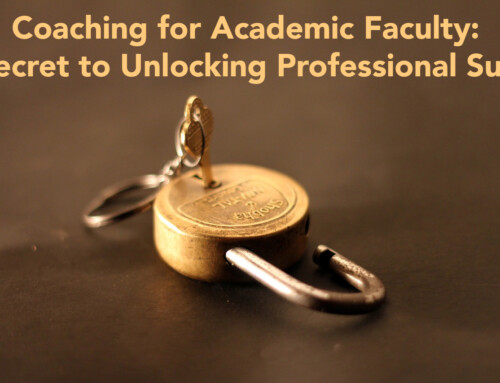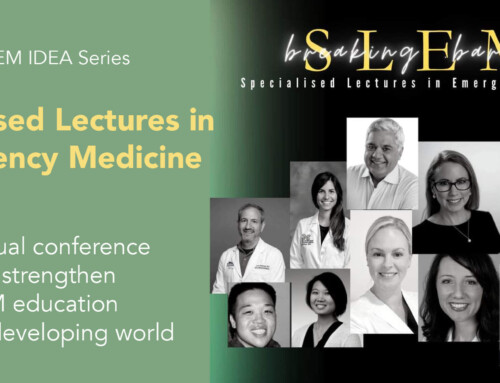![]() According to Wikipedia, MOOC stands for Massive Open Online Course, was coined by Dave Cormier (@davecormier) in 2008 during a course called “Connectivism and Connective Knowledge” in a course led by George Siemens (@gsiemens) and Stephen Downes (@oldaily). All three are educators from Canada who specialize in online learning, learning and technology, and connectivism. As the name implies the course is open to thousands of people online. Although thousands of people sign up only a very small percentage finish the course.
According to Wikipedia, MOOC stands for Massive Open Online Course, was coined by Dave Cormier (@davecormier) in 2008 during a course called “Connectivism and Connective Knowledge” in a course led by George Siemens (@gsiemens) and Stephen Downes (@oldaily). All three are educators from Canada who specialize in online learning, learning and technology, and connectivism. As the name implies the course is open to thousands of people online. Although thousands of people sign up only a very small percentage finish the course.
The MOOC courses have 10-15 mins of video lectures recorded by professors where they go over concepts, examples, problem solving, and more.
Videos
- Watch the videos at their own convenience
- Pause the videos whenever they like
- Play the video at different speeds
- Review the videos as many times as they like
- Number of video-lectures per week varies between weeks and courses
- Quizzes embedded in the videos
- May be available after course has ended
What happens when you enroll in a MOOC?
- Exposure to experts and best teachers
- Interaction with other participants and/or coordinators via forums
- Weekly assignments
- Certificate of completion and college/CME credits, if the participant desires
- Reference material
I decided to join a xMOOC (different from a cMOOC) called “Clinical Problem Solving” which is offered by Coursera (no disclosure). The course is being conducted by Catherine Lucey, MD, FACP from UCSF. This is a great opportunity to not only learn more about clinical problem solving, but also learn how an expert in medical education teaches this topic. Dr. Lucey is a well known medical educator who has written extensively on this topic. The course duration is six weeks and this is the end of its second week.
In these first two weeks, she has offered great techniques and insight on how medical experts approach medical knowledge, diagnostic strategies, and illness scripts. She has also provided reference reading material to supplement the course. Interesting enough this course is also offering CME for its participants. I think it is important to explore these types of online platforms and exploit their potential to make asynchronous learning sustainable.
Can MOOCs be integrated into medical school and/or residency curriculum?
Additional Reading
- Two great blog posts which explore clinical problem solving:
- Emergency Medicine: A Risky Business by Simon Carley (@EMManchester)
- Metacognition for the Pragmatist by Lauren Westafer (@LWestafer)
Image source 1, 2




